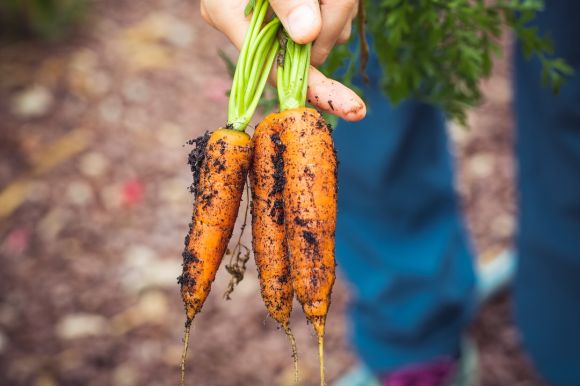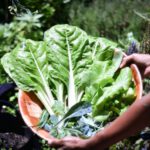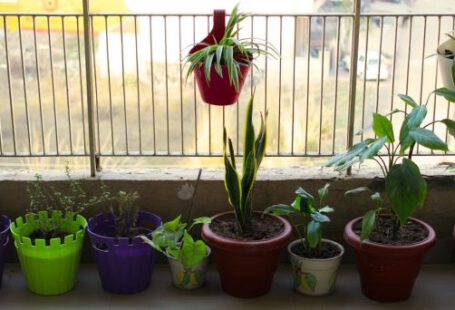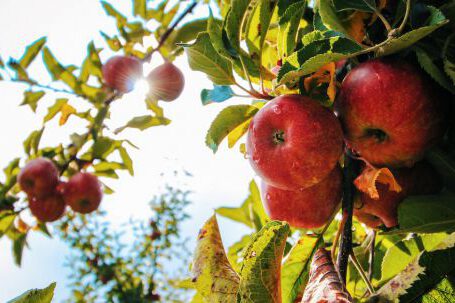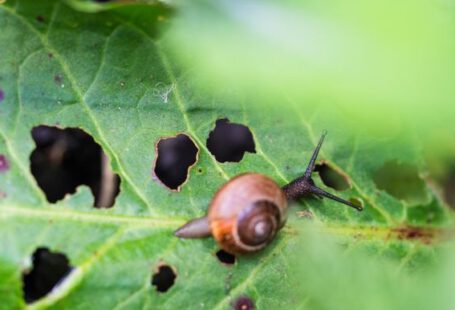Vegetable gardening is a rewarding and fulfilling hobby that allows you to enjoy the fruits of your labor, quite literally. However, growing healthy and bountiful vegetables requires more than just planting seeds and watering them regularly. One crucial aspect of successful vegetable gardening is the quality of the soil. Soil amendments, which are materials added to the soil to improve its structure and fertility, play a vital role in supporting healthy vegetable growth. In this article, we will explore some of the best soil amendments that benefit vegetable growth and how to use them effectively.
Compost: The Superfood for Soil
Compost is often referred to as “black gold” for gardeners, and for good reason. It is a nutrient-rich organic matter that improves soil structure, enhances moisture retention, and provides essential nutrients to plants. When added to the soil, compost increases its ability to hold moisture, making it ideal for vegetables that require consistent moisture levels. Furthermore, compost provides a slow-release source of nutrients, promoting healthy root development and overall plant growth.
Manure: Nature’s Fertilizer
Manure has been used as a natural fertilizer for centuries, and it continues to be a valuable soil amendment for vegetable gardens. When properly aged and composted, manure enriches the soil with essential nutrients like nitrogen, phosphorus, and potassium. It also improves soil structure and moisture retention. However, it is important to note that fresh manure should never be directly applied to vegetable gardens as it can burn plants and introduce harmful pathogens. Always use well-composted manure for best results.
Peat Moss: The Moisture Retainer
Peat moss is an excellent soil amendment for vegetable gardens, especially for those with sandy or fast-draining soils. It has the ability to retain moisture while also improving soil structure. When mixed with the soil, peat moss helps prevent water runoff and promotes even distribution of moisture to plant roots. Additionally, peat moss has a slightly acidic pH, which is beneficial for acid-loving vegetables like tomatoes and potatoes.
Perlite: The Aerator
Perlite is a lightweight volcanic rock that is commonly used as a soil amendment to improve drainage and aeration. It is especially useful for heavy, clay soils that tend to compact easily. When added to the soil, perlite creates air pockets, allowing roots to access oxygen more efficiently. This promotes healthier root growth and prevents waterlogging, which can lead to root rot. Perlite is an ideal amendment for vegetables that prefer well-drained soil, such as peppers and cucumbers.
Bone Meal: The Phosphorus Booster
Bone meal is a natural soil amendment that is high in phosphorus, an essential nutrient for root development and flower production. It is derived from ground animal bones and is slow-release, providing a long-lasting source of phosphorus to plants. Bone meal is particularly beneficial for root crops like carrots and beets, as well as flowering vegetables like broccoli and cauliflower. However, it is important to use bone meal sparingly, as excessive phosphorus can lead to nutrient imbalances.
In conclusion, soil amendments are crucial for optimizing vegetable growth in your garden. Compost, manure, peat moss, perlite, and bone meal are just a few examples of the many soil amendments available. Each amendment has its unique benefits and uses, so it is important to consider the specific needs of your vegetables when selecting the appropriate amendment. By incorporating these soil amendments into your gardening routine, you can create a nutrient-rich and well-structured soil environment that will support healthy and thriving vegetable plants. Happy gardening!
